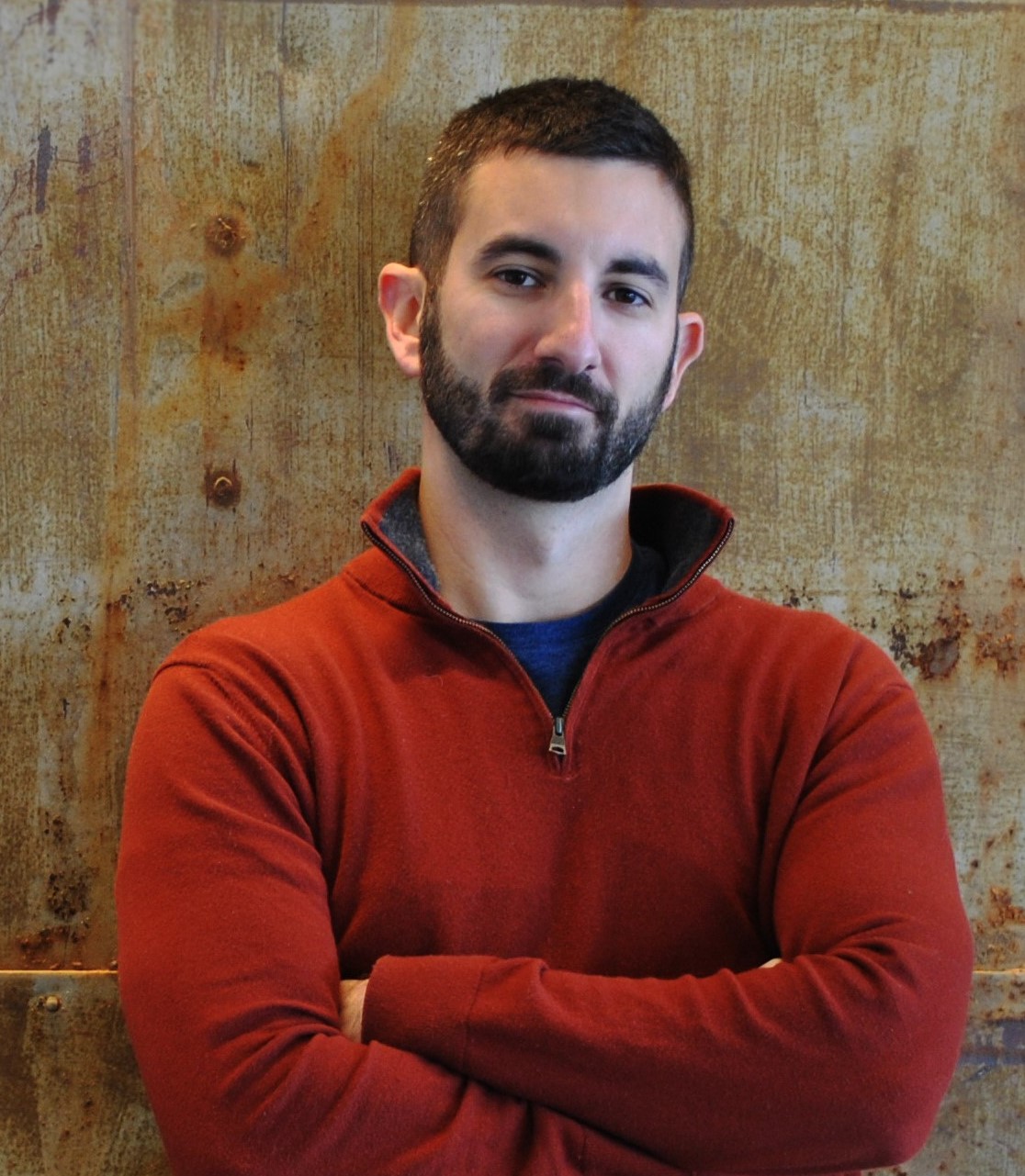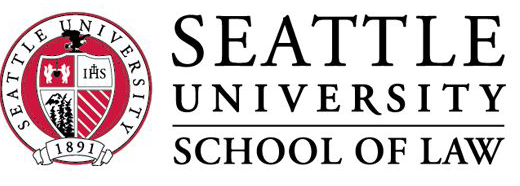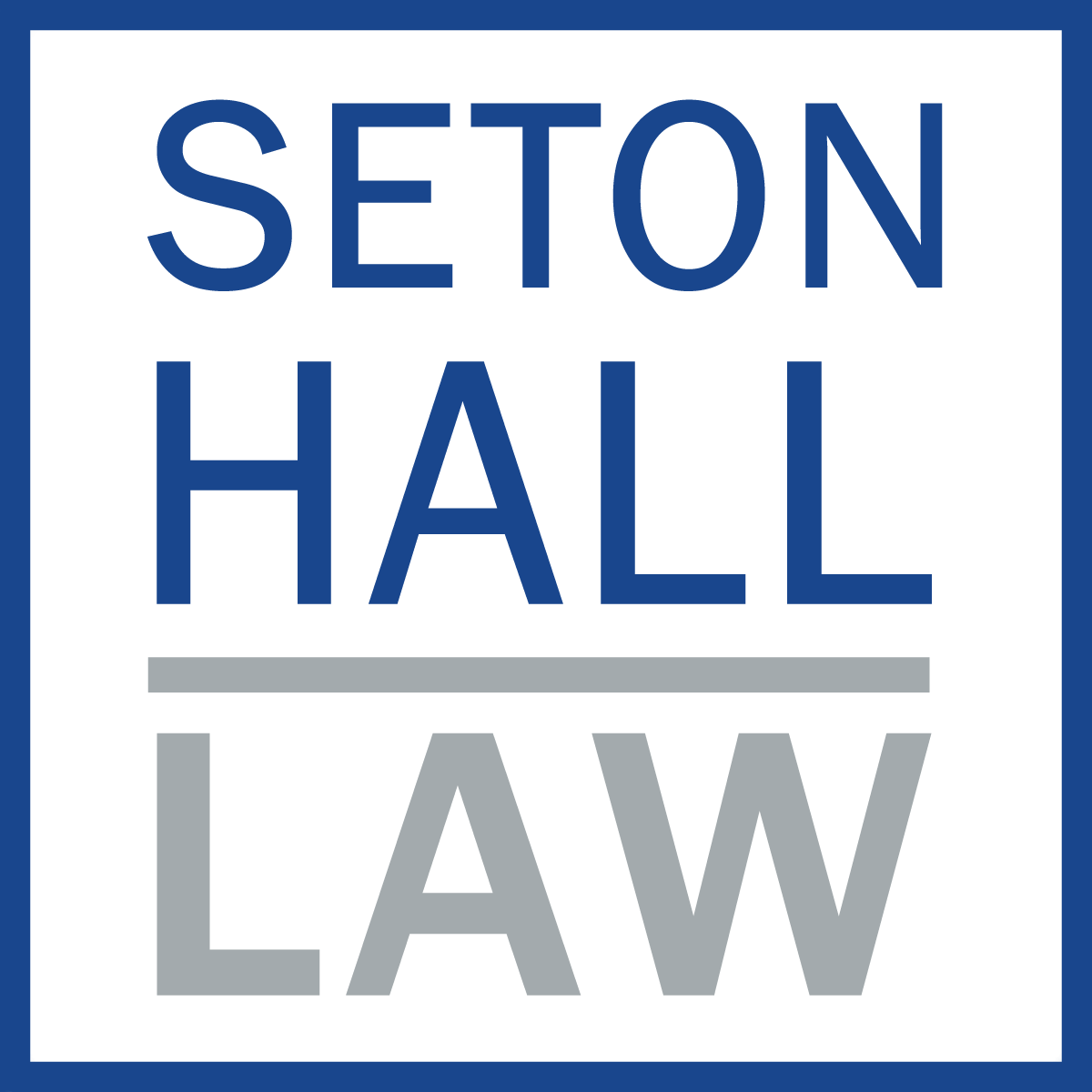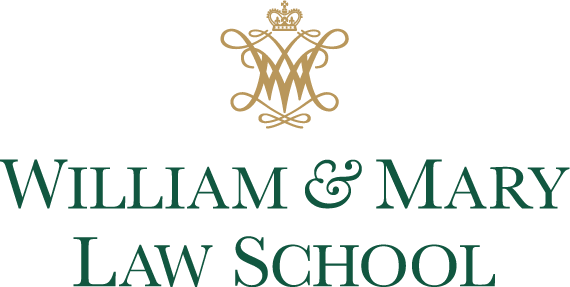Why They Chose Law: Family Ties, Media Influence, and Career Purpose
What really draws people to become lawyers? In this special bonus episode, we draw on previously unpublished clips with recent guests. You'll hear from lawyers inspired by family members in the profession, those who found their calling through student government or workplace experiences, and others who were motivated by iconic legal dramas like Legally Blonde and A Few Good Men.
But inspiration is just the beginning. Our guests also reveal what pop culture gets dramatically wrong about legal practice. Spoiler alert: it's far less glamorous and much more tedious than TV suggests. From the reality of billable hours to the emotional weight of client relationships, these lawyers share what truly surprised them when they first started practicing.
Featured voices include:
- Adam Deutsch, personal injury lawyer following in his father's footsteps
- Tijana Brien, securities litigator who promised her refugee father she'd become the lawyer he never got to be
- Samm Tillotson, commercial litigator inspired by her student government experience
- Katie King, who discovered her legal calling through workplace advocacy
- Ezra Lintner, legal aid lawyer using law as a tool for their community service
- And many more sharing their honest takes on expectation vs. reality
Transcript
Kyle McEntee:
For the past couple of months, we've been asking our guests some bonus questions to get them warmed up. Who inspired them to be a lawyer? What does pop culture get wrong about practicing law? And what surprised them most when they first started?
We'll get into their answers in just a second, but I'll start by answering the first question for myself. What inspired me to be a lawyer? The thing is, I actually don't have a great answer.
Back when I was in college, I wasn't sure what I was gonna do post-grad, partly because I just didn't know a lot about what the potential pathways were. The law seemed interesting and challenging and also stable, so I went for it. But as you'll soon hear, everyone has their own starting point and own inspiration for choosing the law.
Adam Deutch:
That one's easy, so it's my dad.
Kyle McEntee:
That's Adam Deutsch. He's a personal injury lawyer who litigates medical malpractice claims. Like many aspiring lawyers, Adam's inspiration was personal. His dad was a trial lawyer.
Adam Deutch:
He did medical malpractice for 45, 50 years. He was actually on the defense side of things, so I watched him as a trial lawyer growing up and always knew that it looked like a lot of fun and it was kind of what I wanted to do.
Kyle McEntee:
Junior associate Juan Dawson shares a similar story.
Juan Dawson:
My dad is an attorney himself, so growing up, I always saw the work that he was doing, the community engagement, the community involvement that he was doing. I was always inspired by his type of work, by his work ethic. And I remember as a young boy getting the very common question, what do you wanna be when you grow up? And for a lot of my classmates, it was a doctor, it was a firefighter, it was a police officer. Well, for me, it was a lawyer.
Kyle McEntee:
Tijana Brien, a securities litigator, decided to become a lawyer when she was just a kid.
Tijana Brien:
So I was inspired to be a lawyer by my dad. I was five years old when we were forced to flee the former Yugoslavia and my dad had gone to law school in Yugoslavia, but given that we had to move, never got to practice law. So as a little five-year-old girl thinking of how can I help my parents through this terrible thing, I told him, “you know what? I'm gonna become a lawyer when I grow up.” And I did, which is kind of crazy to think about.
Kyle McEntee:
I know that's a lot of dads. And that reflects somewhat the history of the legal profession, but things are changing and you don't have to have a parent in the profession to become a lawyer.
Samm Tillotson:
I don't know that there was a specific person who inspired me to be a lawyer. I will say I really didn't know any lawyers growing up.
Kyle McEntee:
Samm Tillotson is a commercial litigator.
Samm Tillotson:
I had one friend whose mother was a lawyer and besides that, that was pretty much the extent of it. I was inspired to become a lawyer when I was in college. I was involved in student body government. I had the opportunity to go and lobby for higher education funding and for other causes related to higher education and also to kind of just go and whip votes for students all over campus and that whole experience is really what inspired me to go to law school. There really wasn't one person in particular and candidly, I had no idea really what lawyers did.
Kyle McEntee:
These days, there are a lot more women in the field and despite so many family ties, there really are a lot of first-gen college grads and first-gen practicing lawyers too.
Don Pinto:
Well, my family, at least my father's side of the family were Italian immigrants.
Kyle McEntee:
Don Pinto is a first-gen lawyer and he was the first to go to college in his family. He's also a real estate litigator.
Don Pinto:
And as I was growing up, the highest possible career goal for their child or grandson was to be a lawyer. I think they saw lawyers as kind of the pinnacle of the community and so from as long as I can remember growing up, the expectation was that I would be a lawyer and thankfully, my own wishes coincided at some point and I decided that that was a good idea given my personality and kind of attention to language and detail and my general argumentativeness.
Kyle McEntee:
For others, the decision to pursue a career in law is gradual, a slow recognition that they liked writing and reading, persuading and justice. At least that was the case for Katie King. She's AVP of Institutional Equity and Title IX at Cornell University.
Katie King:
It was actually my coworkers inspired me to be a lawyer. So I worked at a place with a bad boss and we were all arguing with our boss and apparently I was doing a good job. It really hadn't occurred to me until that point and several of my coworkers came to me on several occasions and said, we really, really think you should go to law school.
I honestly had not contemplated it before that occasion and then I started looking into it and then I went to law school and I went at 27, so I went later in life.
Kyle McEntee:
Jaimie Nawaday, a white collar defense and government investigations litigator also didn't really see herself in the legal field, at least not at first.
Jaimie Nawaday:
I really, I didn't consider being a lawyer in college. I was in the middle of getting my PhD in philosophy when I first considered switching into law. And the reason was I realized I was a little bit more of a people person than I previously thought. And I read a statistic at some point that the average journal article in the humanities, the average academic journal article is read by three people. And I thought if I become a lawyer, my client reads my arguments, the judge reads the arguments, opposing counsel, the jury hears the arguments. There's a much broader audience for whatever you do, but you get to do the same types of advocacy and reasoning that you do in philosophy.
Kyle McEntee:
For Ezra Lintner, a legal aid lawyer in San Francisco, law wasn't the end goal, it was a tool.
Ezra Lintner:
I don't think anyone in particular inspired me to be a lawyer. It's a lawyerly answer, but I inspired me to be a lawyer. I wish I had a more glamorous story, but I was taking the bus one day and contemplating graduation and what I wanted to do next and realized that I was great at talking and writing and arguing and schmoozing and figured I could be of service to the communities I really care for by applying those sort of God-given skills and honed skills. So I'm a lawyer because I wanted to use the law as like a shield and a sword, right? It was that I wanted to serve communities first and the law came second as sort of an answer to that question of how. How do I serve communities? How do I apply my skills?
Kyle McEntee:
Mergers & Acquisitions lawyer, Stephanie Hurst, went through the same kind of thought process.
Stephanie Hurst:
It was more like, okay, I wanted to work in human rights work. It seemed like a natural transition or a way to approach human rights in a different perspective other than nonprofit, for example, but really kind of getting to the nitty gritty.
Kyle McEntee:
And for some, pop culture was a real inspiration point. Take it from lawyer and creative, Cece Xie.
Cece Xie:
Oh, duh, Elle Woods from Legally Blonde.
Kyle McEntee:
And employment lawyer, Paige Sparks.
Paige Sparks:
I don't know that any one person inspired me to want to be a lawyer, but I did get inspired when I was watching A Few Good Men, that really good mic drop moment. I was like, I wanna be that.
Kyle McEntee:
As you could see, people have all sorts of reasons for deciding to pursue a career in law, but one thing is for sure. It almost never turns out exactly how they expected. And it's safe to say, pop culture does not get it right very often, even Legally Blonde.
Adam Deutch:
It makes it way more exciting than it really is, I think.
Kyle McEntee:
Adam Deutch again.
Adam Deutch:
You know, whenever you see a lawyer in the movies or TV, like 99% of the time, they're a trial lawyer, right? You don't see people sit behind their desk staring at contracts. So look, being a trial lawyer, it's super frustrating watching any, you know, TV show or movie just because it's so not realistic, but at the same time, it's why I love what I do.
Kyle McEntee:
When we asked other lawyers this question about what pop culture gets wrong, many echoed Adam's take. Here's Cece Xie.
Cece Xie:
I think just how glamorous the job can be. I think it's like 10% glamor, but 90% just would be too boring to show on TV or really be in any media.
Kyle McEntee:
And Juan Dawson again.
Juan Dawson:
The truth of the matter is that the day-to-day of being an attorney is a lot more arduous and a lot more tedious than one would expect. You know, clients have really big problems and lawyers are oftentimes hired to solve those big problems. And so whenever you are in the middle of a case or you're in the middle of research, you know, all the background, all of that background research and preparation for the case oftentimes goes unnoticed.
Kyle McEntee:
Something else that TV tends to miss, lawyers are not all angry, argumentative, dominant, or combative. For Ezra Lintner, this is one of the most glaring misconceptions.
Ezra Lintner:
You know, most of the lawyers I associate with outside of work, that's not their, you know, that's not their forte. That's not their disposition, right? To sort of bully other people. So I think pop culture gets that wrong too.
Kyle McEntee:
When your idea of legal work comes from courtroom dramas, the real thing can feel a little jarring. We asked some of our guests what surprised them most about working as a lawyer when they first started. Here's Juan Dawson, Stephanie Hurst, and Katie King.
Juan Dawson:
The billable hours, you know, you really have to make sure that you are calculating every minute. You know, it's not like a lot of other jobs where you clock in and you are on that clock for eight hours and you get paid for those eight hours.
Stepanie Hurst:
I would say the thing that was probably the most surprising is how much you learn through practice as opposed to kind of the theoretical understandings that you learn from law school.
Katie King:
I was never really a person who was interested in public speaking, in taking the lead on a project. And I was really thrown by my desire and love to be in court and make arguments and put myself out there like that. It just, I didn't expect it and I didn't expect to love it so much.
Kyle McEntee:
Cece Xie and Jaimie Nawaday found that the real challenge wasn't the law itself, but rather the politics of it all.
Jaimie Nawaday:
We often think that practicing law is just about getting the law right, but it's so much more about the PR and the optics and the political maneuvering that's also a part of it. So having this like holistic sense that's just beyond the law is really helpful to being a lawyer. And I just wasn't really expecting that.
And especially as the first lawyer in my family, and I think this is maybe more common for first-generation lawyers, you go in with certain ideals. And I remember being surprised when I moved to New York, the day-to-day in the law firm, just kind of how much negative commentary you heard, sort of the snark, muting people on conference calls and making snarky comments and that sort of thing.
Kyle McEntee:
Other shared surprises that were more about the pace, pressure, and emotional weight of the work. Here's Tijana Brien, who we already met, Victoria Nauman, who's a public defender, and Lynette Paczkowski, who's a probate litigator.
Tijana Brien:
I think the thing that surprised me the most is how many different clients and matters you had to work on on any given day. Watching lawyers on TV, you sort of assumed you get this one big case. It's always your focus, the thing you're focusing on. And in real life, on any day, I'm probably advising anywhere from 12 to 15 different clients on a variety of different issues and having to balance all of that.
Victoria Nauman:
I would say, at least for me, the amount of autonomy I have and how fearful that can be. Like, I'm practicing under my own law license. And even though I'm a part of a big organization, that still is scary, those repercussions. Also, the amount of autonomy I have over my clients and my caseload, I am the difference sometimes between a client being in jail or not. And so that's a lot of responsibility.
Lynette Paczkowski:
What surprised me the most is how much of being, like you hear the phrase counselor at law, so much of what I do is actually being a counselor. And yes, I bring my legal expertise to it, but I don't know that anything really prepared me for how much handholding and how much guiding a client through the entire process and the entire thought process is gonna go into helping them reach a resolution of their case.
Kyle McEntee:
That's not something you can get a feel for as a law student. Being a lawyer isn't just about arguments and outcomes, it's about people. Real people with real problems rely on you for guidance, clarity, and support.
Whatever motivates you, be ready for and open to change. The lawyers we heard from today all stepped into the profession with one idea of how it would be and then recalibrated once the real work began. That gap between expectation and reality, it's exactly why we make this show.
Because if you're thinking about becoming a lawyer already on that path, it helps to know what it actually looks like once you're in the job. If you're interested in hearing more about today's guests, you can find links to their full episodes in the episode description. And if you know someone who is picturing a suit style career, maybe share this with them too.
That's all for today, thanks for listening.

 Kyle McEntee
Kyle McEntee




